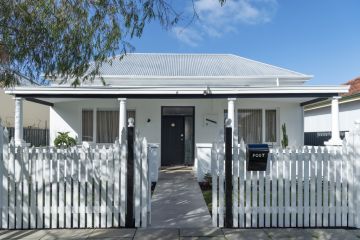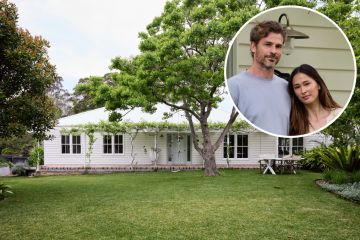Trailblazing AFL journalist Caroline Wilson on breaking barriers to cover the game
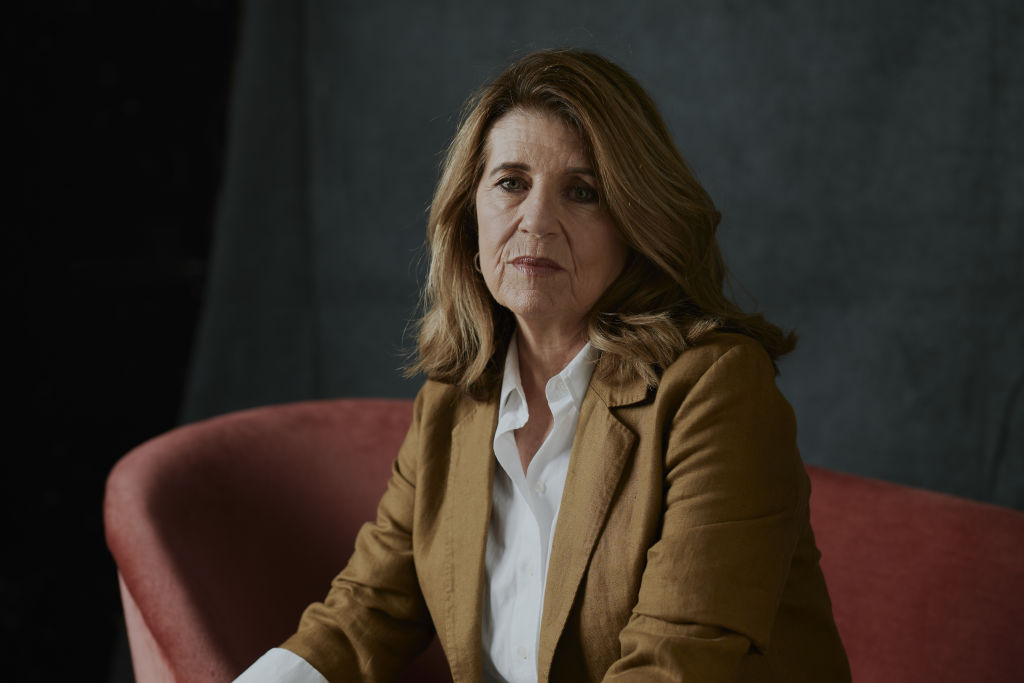
When a 17-year-old Caroline Wilson started working at The Herald newspaper as a copy girl in 1978, sports journalism wasn’t on her radar.
Wilson’s father Ian was the president of Richmond Football Club, so it seemed an obvious fit, but she just wanted to write – regardless of the subject.
“These days everyone goes to university, but I just wanted to go straight into the workforce, and I loved newspapers,” Wilson says.
“Initially I harboured ambitions of becoming a scriptwriter, as I was an obsessive film buff.”
She got her journalism cadetship at The Herald (which closed in 1990, merging with sister paper The Sun News-Pictorial to become The Herald Sun), where she did numerous rounds including in the now defunct paper’s women’s department.
She did notice one thing about the sports journos though – they had a lot of fun.
“They worked in a separate room … and there was always lots of laughter and yelling and screaming behind closed doors,” she says.
Wilson, now 62, went on to become the country’s first female chief football writer, appointed to the role at The Age in 1999. She is also a long-time panellist on Channel Nine’s Footy Classified, a radio presenter, and a fearless reporter and commentator with strong opinions for which she does not apologise. She is a leader and a trailblazer.
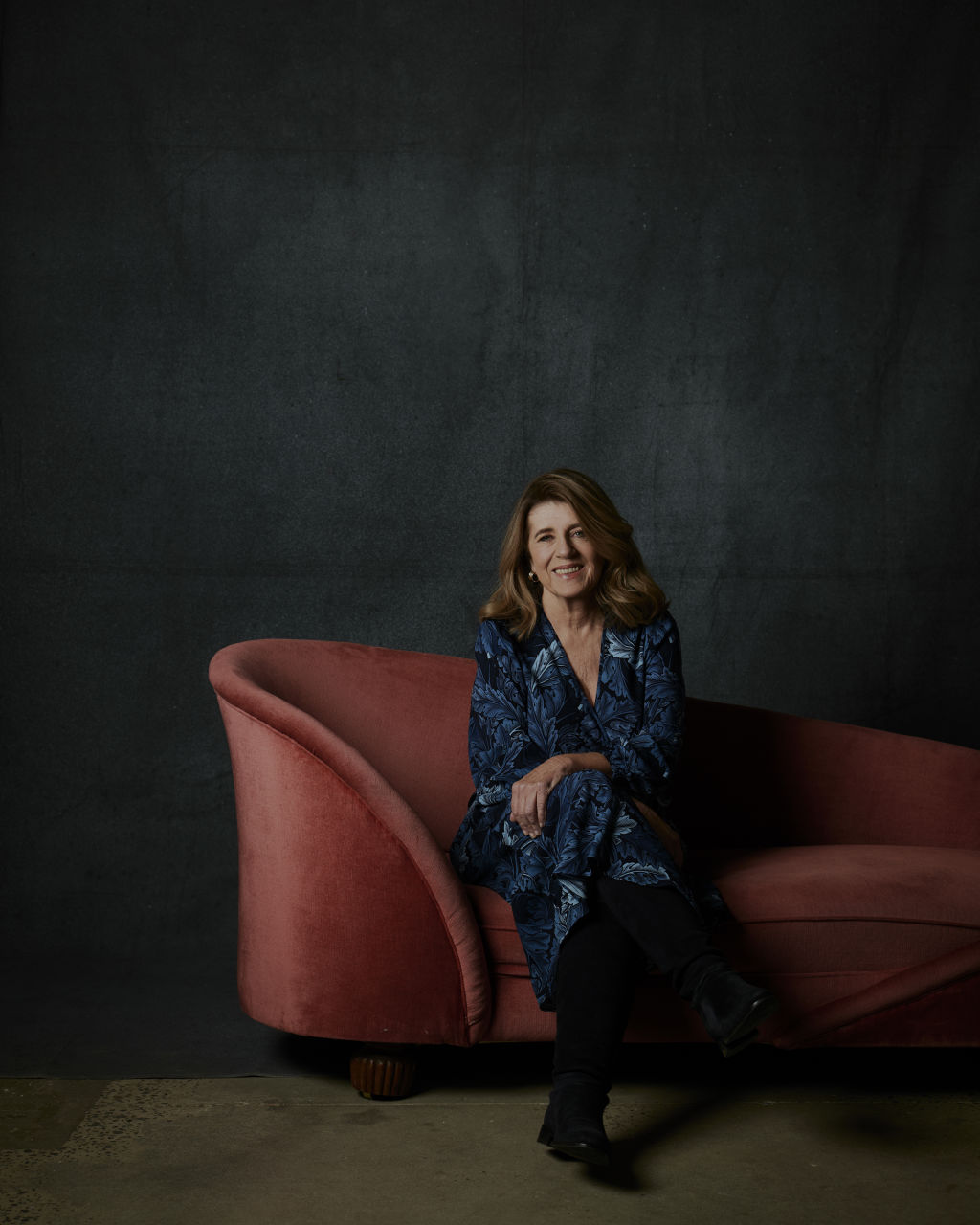
Earlier this year she was inducted into the Australian Media Hall of Fame at the Melbourne Press Club, an honour bestowed upon powerhouse journalists including Laurie Oaks, Jana Wendt and revered political journalist Michelle Grattan.
But as a cadet at The Herald in 1981, it took her now lifelong friend, journalist Corrie Perkin, to encourage her to write about sport, paving the way for the paper’s sports editor at the time, Ron Reed, to take her on.
“Looking back it was a big thing to take a chance [on] a 21-year-old who didn’t really have a huge aptitude for reporting,” she says.
“I was an average cadet, but I guess not the worst.
“The older I get, I realise how much of a big thing that was.”
She became the second ever female journalist to cover footy in Melbourne, in what was truly a man’s world.
She remembers once her chief of staff pulled her aside to tell her to dress better and to have a look at what her female colleagues wore.
As a female footy reporter in the 1980s, Wilson was banned from going into the male change rooms to do her job after the footy. This went on for years.
“In 1990, when Collingwood was ascending to their first premiership in decades, [then Collingwood president] Alan McAlister threw me out of the rooms during the finals and said if I wanted to interview players, he would bring them out,” she says.
“It was a huge advantage to all the other blokes who were inside the rooms, so I named about 10 players I wanted to chat to, and they came out and basically queued up.
“When they won the flag, and I’m standing in the middle of the MCG with all the other journos, Alan was the first one to come over and give me a kiss on the cheek and say, ‘I’m sorry about that, you will be allowed in from now.'”
At pre-match footy functions she wasn’t allowed to sit with the men, instead with the wives of the players and coaches.
She remembers one football media night she turned up and got sent to the kitchen – they mistook her for catering staff, because she was a woman.
While it was tough at times because of her gender, she has positive memories of the time.
“If I had to weigh it up, there were some big advantages,” she says of being a female footy writer.
“You had to have a thick skin, and it certainly made me noticed.”
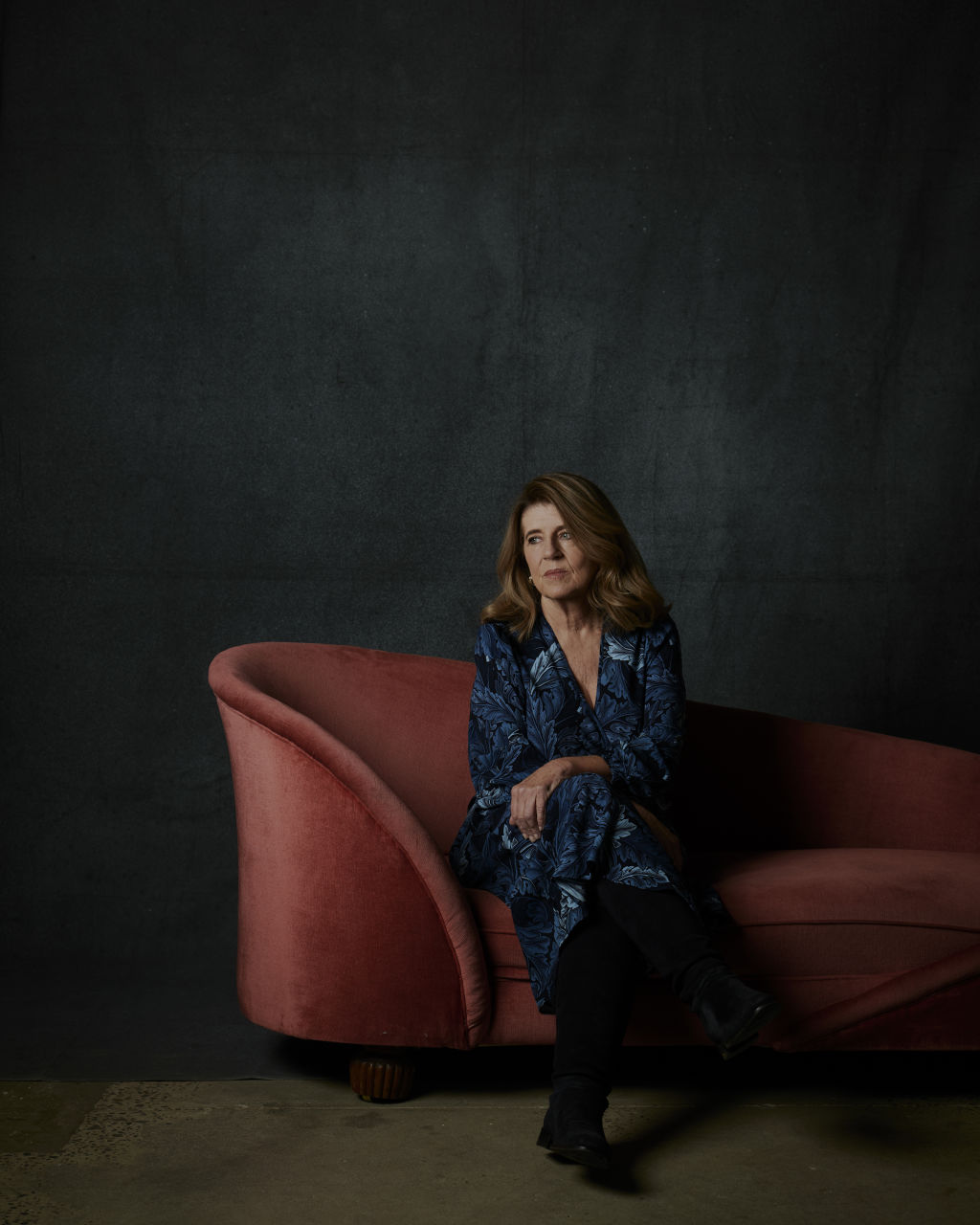
When Wilson was made chief football writer at The Age in 1999, she had three young children with her husband, former long-time Channel 7 political reporter Brendan Donohoe.
“When I had my youngest child, Clementine, she was only two when I went back as chief footy writer,” she says.
“It was bloody difficult those first two years and I really did struggle with my confidence and my time allocation.
“The kids found it hard, we all did.
“But I honestly believe having them, and seeing life through a more rounded set of eyes, made me a better journo.”
She met Donohoe during cadetship classes held at RMIT University, and the couple have been married for 33 years.
As well as Clementine who is now 25, their two other children are Rose, 32, and Ned, 30.
Wilson says her husband has always been an incredible support.
“He has been enormously helpful to me over the years, with work and at home,” she says.
At her Australian Media Hall of Fame induction, Donohoe, two of her children and her parents Julia and Ian were by her side.
It was an emotional night for Wilson for many reasons, as her long-term chief footy reporter rival and friend Mike Sheahan inducted her.
The man who gave her a chance, Ron Reed, was there on the night, but died unexpectedly just a few months later in June, aged 74.
“I was so glad I got the opportunity to thank Ron on the night and asked him to be my guest, as he really took a chance on giving me the job all those years ago,” she says.
We recommend
We thought you might like
States
Capital Cities
Capital Cities - Rentals
Popular Areas
Allhomes
More
